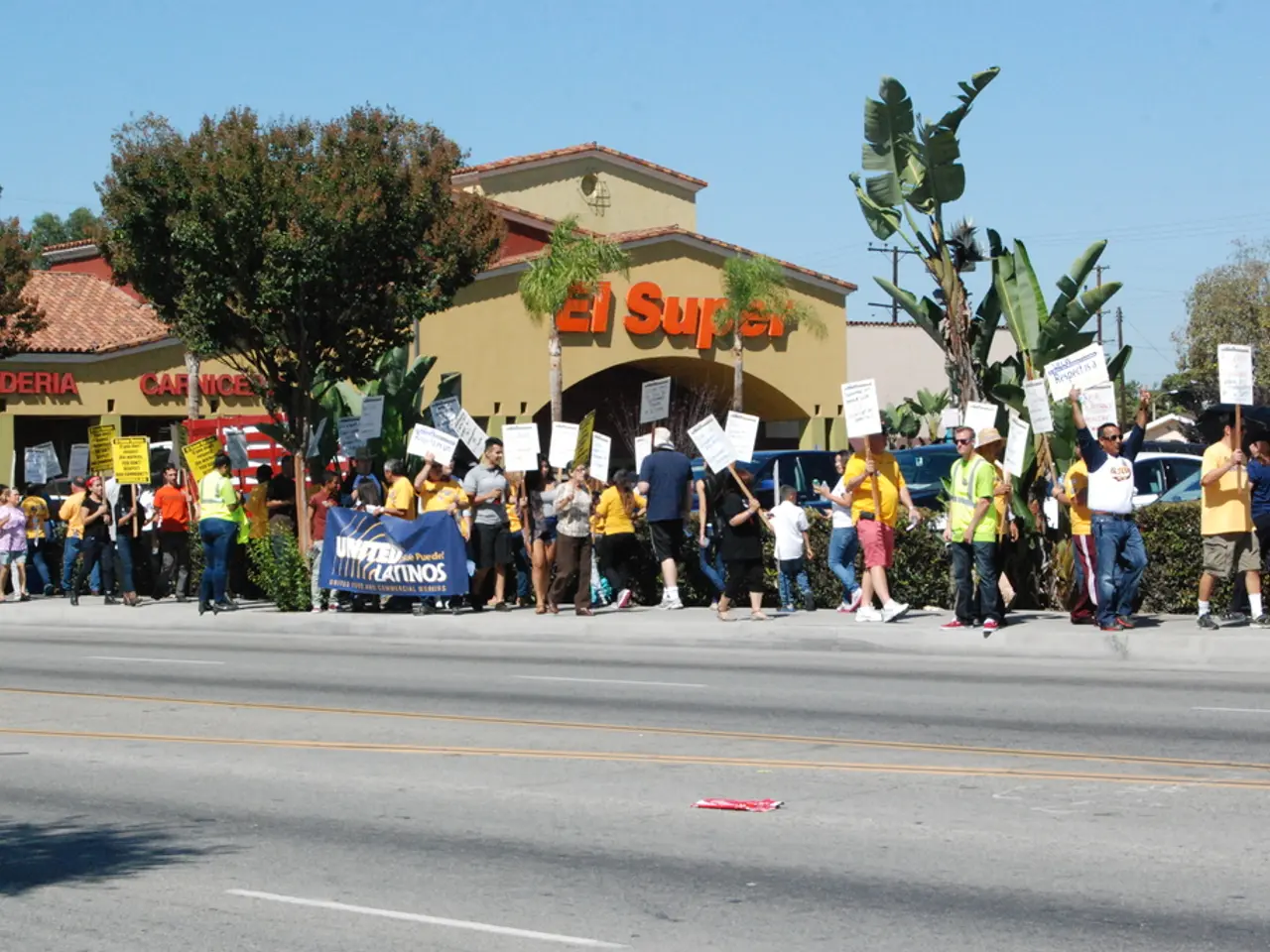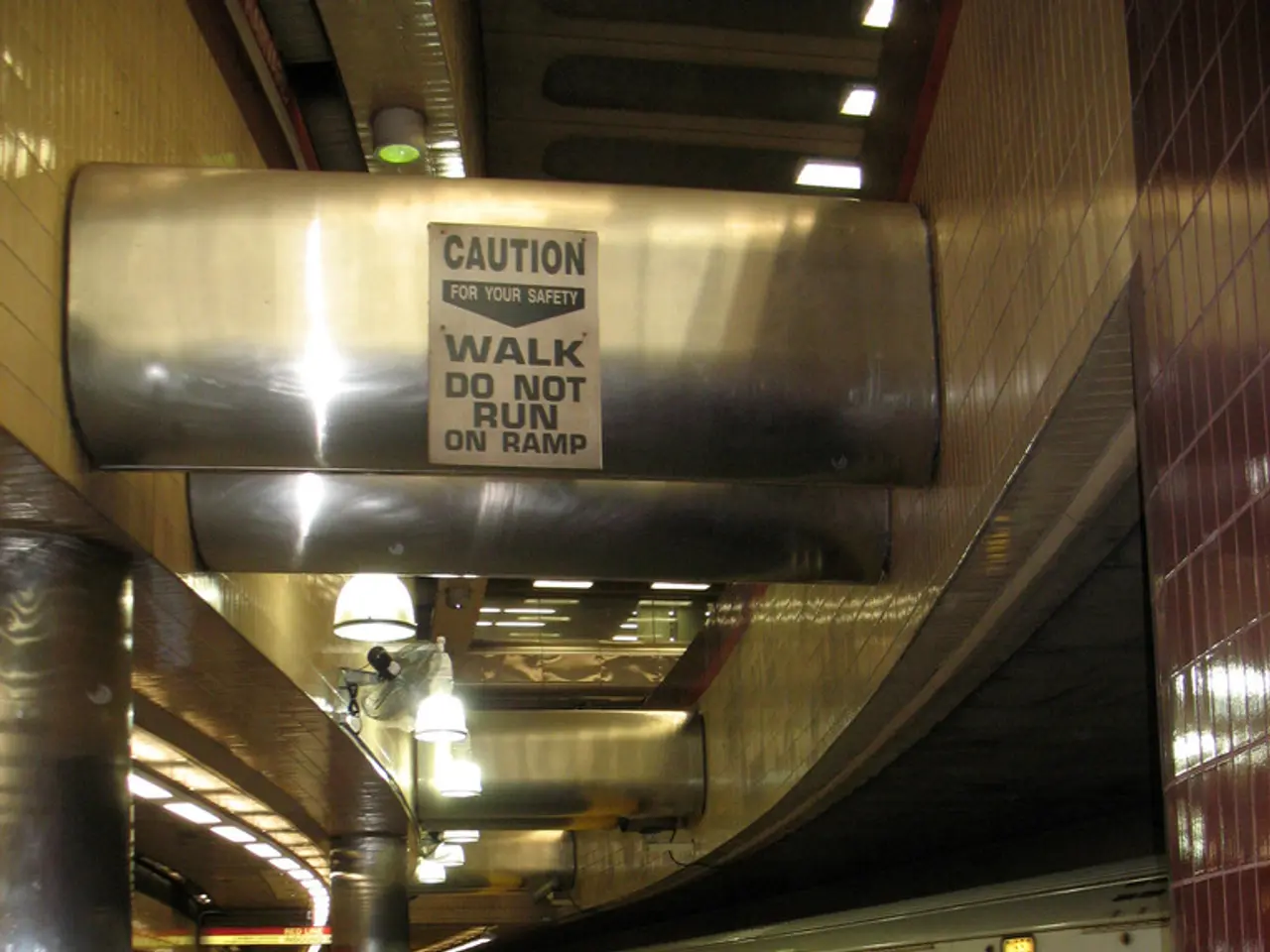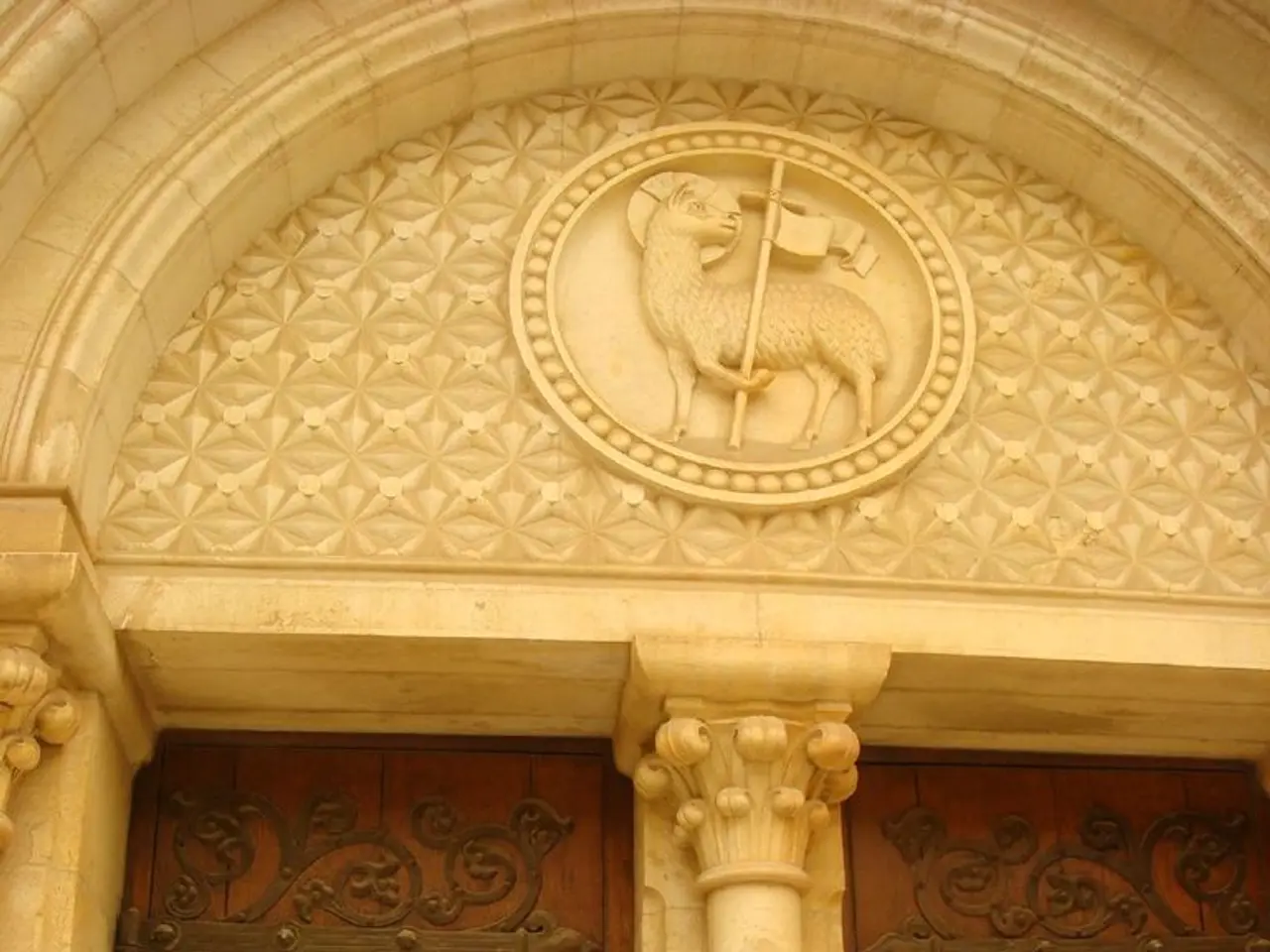Parliament endorsements Latvia's 2025 financial plan
Latvia's 2025 Budget: Key Changes and Highlights
Latvia's government has unveiled its 2025 budget, outlining significant changes in taxation and public spending. The budget, which focuses on fiscal sustainability and administrative efficiency, is projected to raise total revenue of €18.4 billion and spend €19.7 billion.
The budget for 2025 reveals a general government budget deficit of €1.3 billion, or 2.9% of GDP. This deficit is planned to be reduced with a projected revenue increase of €583.2 million compared to the 2024 budget.
One of the notable changes in the budget is the introduction of an excise tax on tobacco, fuel, natural gas, soft drinks, and vehicle exploitation tax, aiming to generate additional revenue. Additionally, a superprofits tax on banks is scheduled to be implemented. However, specific details on the rates and implications of these tax adjustments are not clearly detailed in the available sources.
Regarding labor taxes, the Ministry of Finance has requested government ministries to propose spending cuts, including on remuneration, subsidies, and goods and services. This could indirectly affect labor-related expenses in the public sector.
Another significant aspect of the 2025 budget is the reduction of VAT on local produce, which is intended to support local industries. However, the specifics of this adjustment are not explicitly mentioned in the sources.
In terms of fiscal consolidation, a three-year personal income tax exemption for foreign non-residents from the disposal of crypto-assets in public circulation has been implemented, aiming to attract crypto-asset market players and improve the business environment in Latvia. The Ministry of Economics is tasked to assess the usefulness of this crypto tax relief for potential continuation beyond 2027.
The 2025 budget also includes measures to strengthen Latvia's internal and external security. The budget provides for additional funding to increase the salaries of internal and external security personnel, such as policemen, border guards, firefighters, and the staff of the Prison Administration. An additional €284.3 million will be allocated to strengthen Latvia's internal and external security, including support for Ukrainian civilians in Latvia.
The budget debate was not without fierce debates, criticism of the coalition, and disputes between opposition groups. Despite these disagreements, 52 coalition members voted in favor of next year's budget and the budget framework for 2025-2027, and 34 voted against.
The 2025 budget also includes special grants of €2.5 million each for the municipalities of Alūksne, Augšdaugava, Balvi, Krāslava, and Ludza. Local governments are projected to see an average increase of 10.3% in equalized revenue compared to 2024.
The average annual inflation is forecast to be 2.2% in 2025, 2.5% in 2026, and 2.5% in 2027. Latvia's GDP is forecast to grow by 2.9% in 2025, 2.8% in 2026, and 2.6% in 2027.
Prime Minister Evika Siliņa (New Unity) has pointed out that strengthening Latvia's security in the context of Russia's war in Ukraine is a key priority for 2025. The consolidated general government budget for 2025 is projected to raise revenue of €15.1 billion and spend €17.1 billion.
The budget debate and its outcomes underscore the government's commitment to fiscal responsibility, economic growth, and security, setting the stage for Latvia's continued development in the coming years. Further official government communications may provide more comprehensive specifics on the changes to labor taxes, VAT on local produce, and the superprofits tax on banks.
- The Latvian government's 2025 budget discusses changes in taxation and public spending, with a focus on fiscal sustainability and efficiency.
- The budget introduces an excise tax on tobacco, fuel, natural gas, soft drinks, and vehicle exploitation tax, and plans to implement a superprofits tax on banks.
- The Ministry of Finance has requested government ministries to consider spending cuts in labor-related expenses, such as remuneration and subsidies.
- To support local industries, the budget reduces VAT on local produce, but details on this adjustment are not explicitly mentioned.
- The EU has expressed concerns about the potential impact of these tax changes on Latvia's overall fiscal balance and compliance with European Union finance and business regulations.




